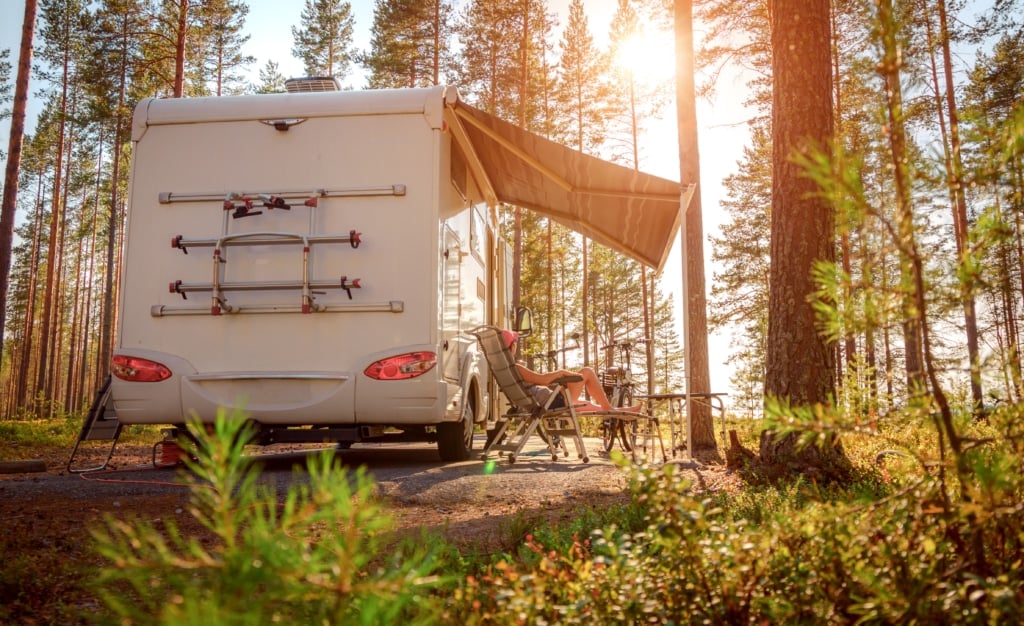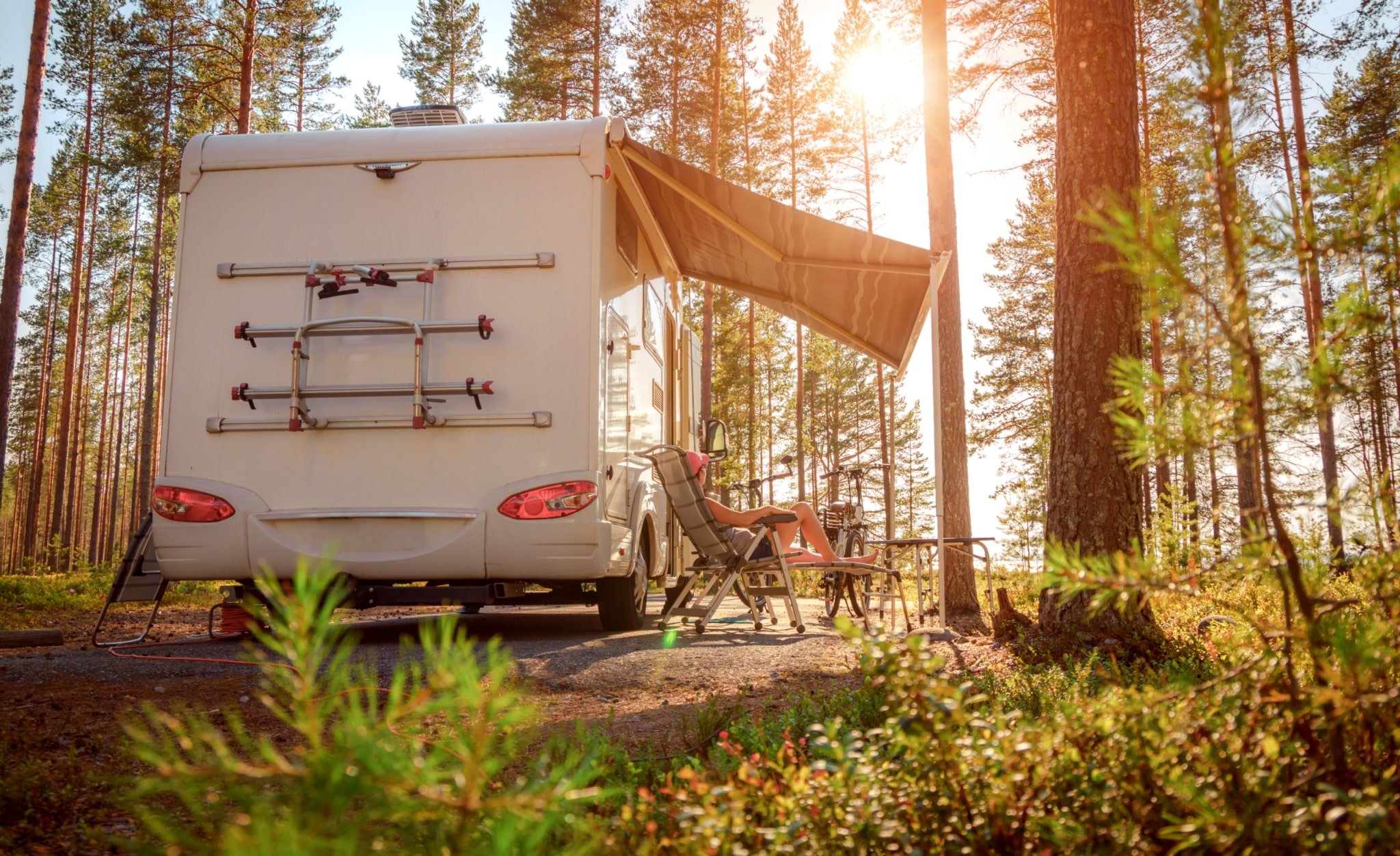What You Need to Know About Recreational Vehicle Insurance

If you’re a recreational vehicle owner, you likely already know that RV insurance is a must. However, you may need to learn the ins and outs of RV insurance and how it differs from other types of vehicle insurance. In this blog post, we’ll give you a crash course on everything you need to know about RV insurance so that you can be sure you’re adequately covered.
What is RV Insurance?
Recreational vehicle insurance is a type of insurance that provides coverage for RVs, motorhomes, travel trailers, and other types of recreational vehicles. Like auto insurance, common RV insurance coverages include liability insurance, collision coverage, and comprehensive coverage. Other RV coverage options may be added to a policy, including additional expenses, roadside assistance, and more.
Why Do I Need RV Insurance?
While RV insurance requirements vary from state to state, most lenders will need it if you finance your recreational vehicle. Even if you own your RV outright, be sure to have coverage that meets your state’s minimum requirements. These coverages offer protection. For example, liability coverage helps protect you in case you cause damage to another person or their property. Accidents can happen anytime—regardless of whether you’re behind the wheel of an SUV or a motorhome.
Full-timers vs. Part-timers
One important thing to remember when shopping for RV insurance is whether you plan on using your RV full-time or only part-time. If you’re a full-timer, you’ll likely need different coverage than someone who only uses their RV for occasional weekend getaways. Full-timers generally require higher liability coverage and more comprehensive coverage than part-timers do.
Cost of RV Insurance
The cost of your premium will depend on several factors, including:
- the type and value of your recreational vehicle
- the amount of coverage you need
- your driving record
- where you live
- and more
Call (877) 962-4776 or get an online quote with Insureberry to get an idea of your policy’s cost.
Final Thoughts
Purchasing recreational vehicle insurance is critical in protecting yourself financially as an RV owner. Be sure to consider whether you’ll be using your RV full-time or part-time when shopping for a policy, as this will affect the type and amount of coverage you need. And finally, don’t forget to compare quotes from multiple insurers before buying— doing so could save you hundreds of dollars each year!



